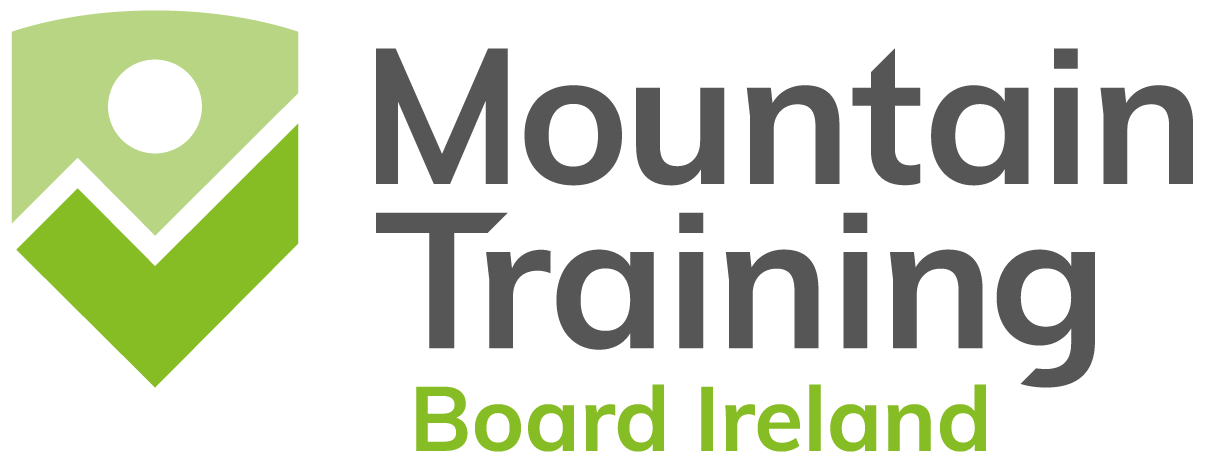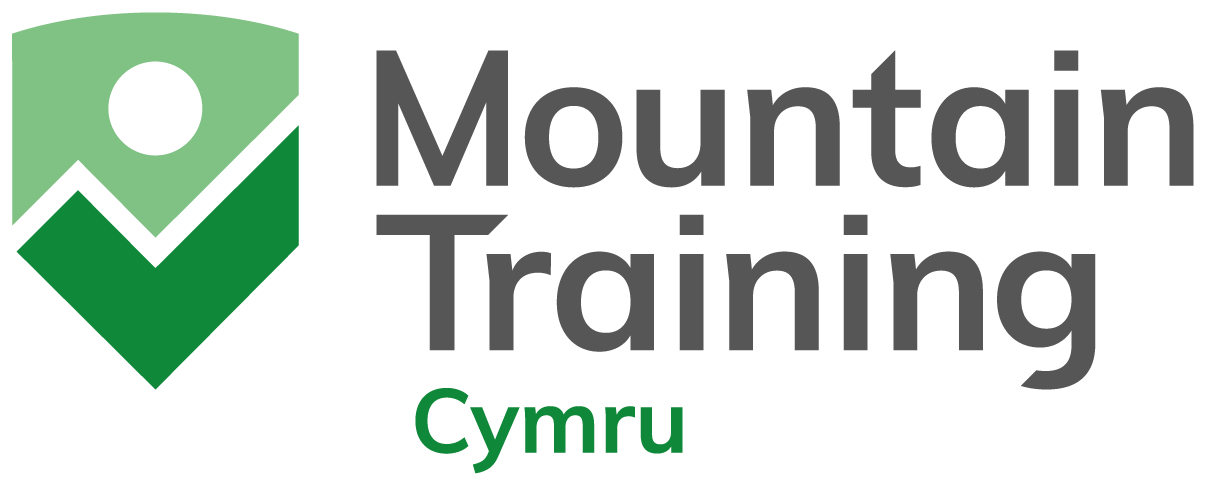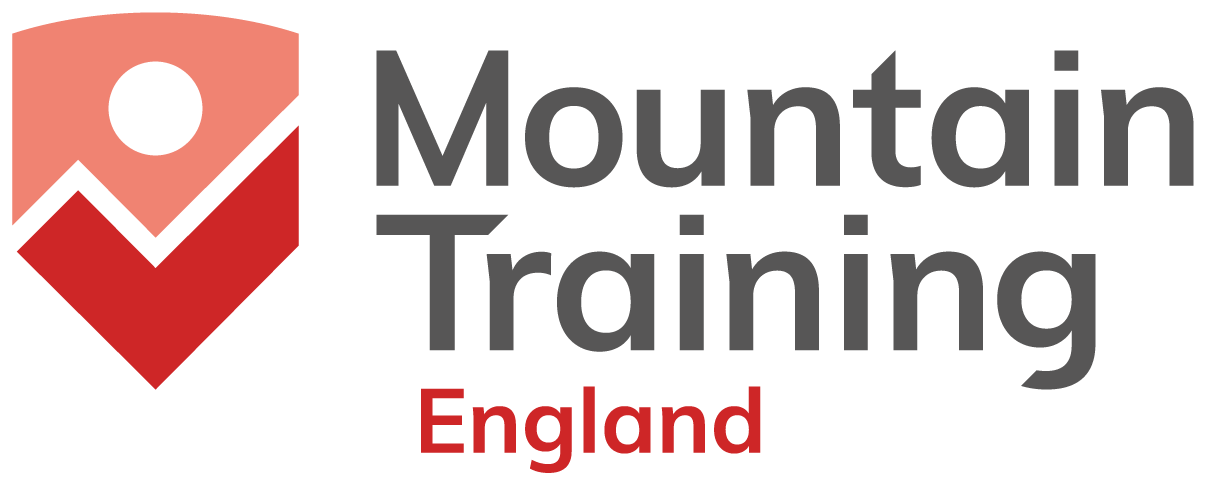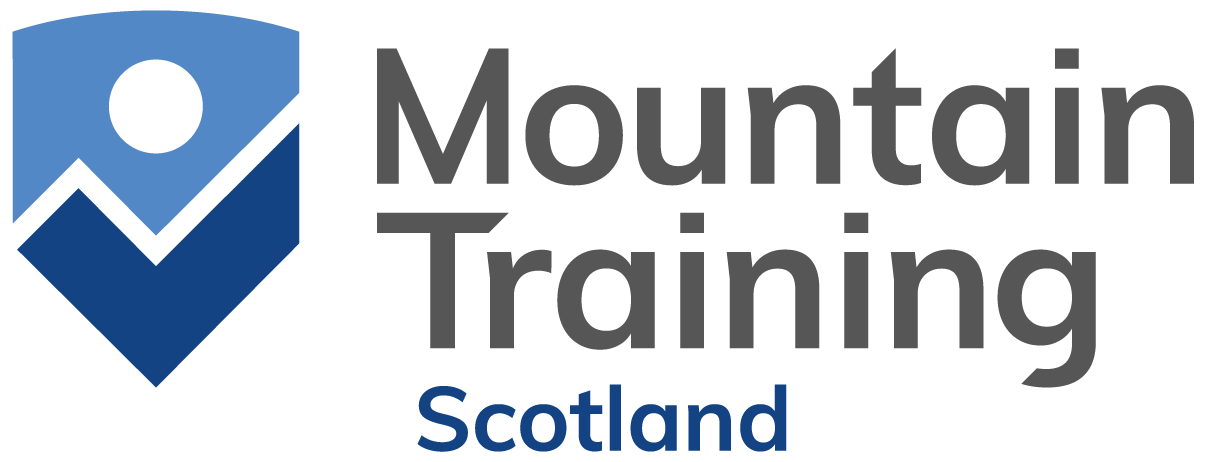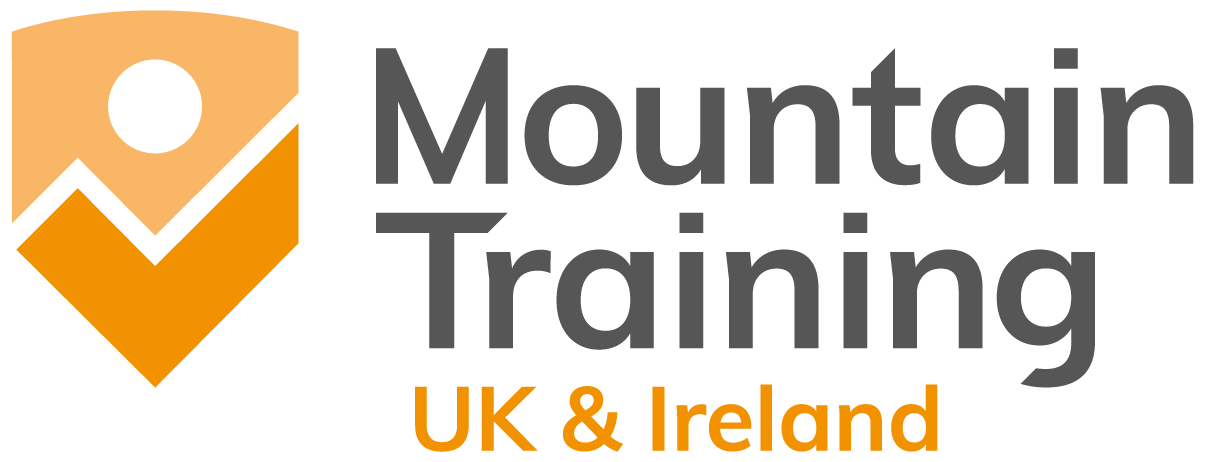It’s worth starting by explaining that ‘Mountain Training’ is a brand, rather than an organisation. It is actually made up of five national organisations: Mountain Training Cymru, Mountain Training England, Mountain Training Board Ireland, Mountain Training Scotland and Mountain Training UK & Ireland. These separate organisations are responsible for managing the delivery of a portfolio of qualifications and skills courses. Mountain Training UK & Ireland manages some qualifications and also has an important coordinating role to ensure parity of delivery and consistency between the national organisations.
Each organisation is funded in similar ways, with some variation in the percentage of each income stream.
Not for profit
All of the Mountain Training organisations are not for profit and many of them have charitable status. None of the Mountain Training organisations are involved in fundraising and none currently have any means of receiving endowments. The directors of our organisations receive no remuneration and do not profit financially from our work.
The Mountain Training network of organisations aims to be as financially efficient as possible. This is achieved through coordinated decision making, financial prudence and shared resources (in the form of staff time as well as handbooks and other publicity material).
Any surplus is reinvested into additional development work, which in 2016 included: a PhD student from Bangor University, the climbing awards review, our Women in Mountain Training initiative and two e-learning modules.
Funding streams
1. Registration fees
For MTC, MTE, MTS and MTBI, the majority of their income is received from candidate registration fees. These fees are the gateway to our schemes and every candidate must register for every scheme they wish to do.
Throughout the climbing awards review we have been, and continue to be, mindful that money can be a barrier for many people to gaining a qualification or improving their personal skills. There may be ways in which we can limit the impact of these barriers by reducing the costs for young people and we have started dialogue with the mountaineering councils about the collective costs of entering into our schemes.
2. Government investment
All of the Mountain Training organisations are recipients of government investment via their respective sports council (Sport England, Sport Ireland, Sport Northern Ireland, sportScotland and Sport Wales) with whom each organisation has a direct relationship. In the case of Mountain Training UK & Ireland, investment comes from Sport England and contributes towards UK-wide projects. This government investment typically lasts for four years, after which a new application is made.
Government investment supports special projects and development work, so each Mountain Training organisation is accountable to their sports council and must report regularly on how this money is being used and whether any targets are being met.
Government investment accounts for roughly 20% of Mountain Training UK & Ireland’s income. This is broadly similar for the other organisations.
3a. Annual provider fees
The annual fee is a set amount for all providers, with additional charges depending on the number of course directors each provider uses. (MTBI providers pay a fee every three years.)
3b. Course place fees
Course place fees are paid by the provider, per candidate who completes a training course or passes an assessment (historically these were called ‘sticker fees’ as they involved buying stickers for candidates’ paper logbooks).
Provider annual fees and course place fees make up a much smaller percentage of income and they are used to support the work we do to assure the quality of our courses.
Mountain Training UK & Ireland – additional funding streams
As the coordinating body, Mountain Training UK & Ireland receives income from slightly different sources to support its work.
1a. Registration fees
For MTUK&I, candidate fees represent a much smaller percentage of income from the schemes they administer (roughly 20%),
1b. Contributions from the other national organisations
MTUK&I receives is a small percentage of each registration received by MTBI, MTC, MTE, MTS.
1c. Course place fees
MTUK&I receives a small contribution for each course place fee paid by providers to MTBI, MTC, MTE, MTS.
Income from registration fees and course place fees supports general customer service work, communication/marketing and the management and development of the candidate management system (CMS) and DLOG which is coordinated and managed by MTUK&I.
2. Publications
Mountain Training UK & Ireland publishes a series of very successful books to support our schemes. Each book is authored by an expert, or collection of experts, and provides guidance on essential techniques as well as other useful information. The books are sold directly through our online shop and are distributed to all good bookshops and online retailers.
Income from our publications supports the overall work of Mountain Training and makes up roughly 20% of MTUK&I income.
3. Mountain Training Association
Mountain Training Association membership fees are used to support the members and development of the association as well as the overall work of Mountain Training. This income accounts for roughly 20% of MTUK&I income.
4. Services to other organisations
The customer service team and other staff at Siabod Cottage (North Wales) provide administrative and member support to all four associations: Mountain Training Association, Association of Mountaineering Instructors, British Association of International Mountain Leaders and British Mountain Guides. The associations pay a fee for this support and it is used to cover the cost of the support. It accounts for roughly 20% of MTUK&I income.
